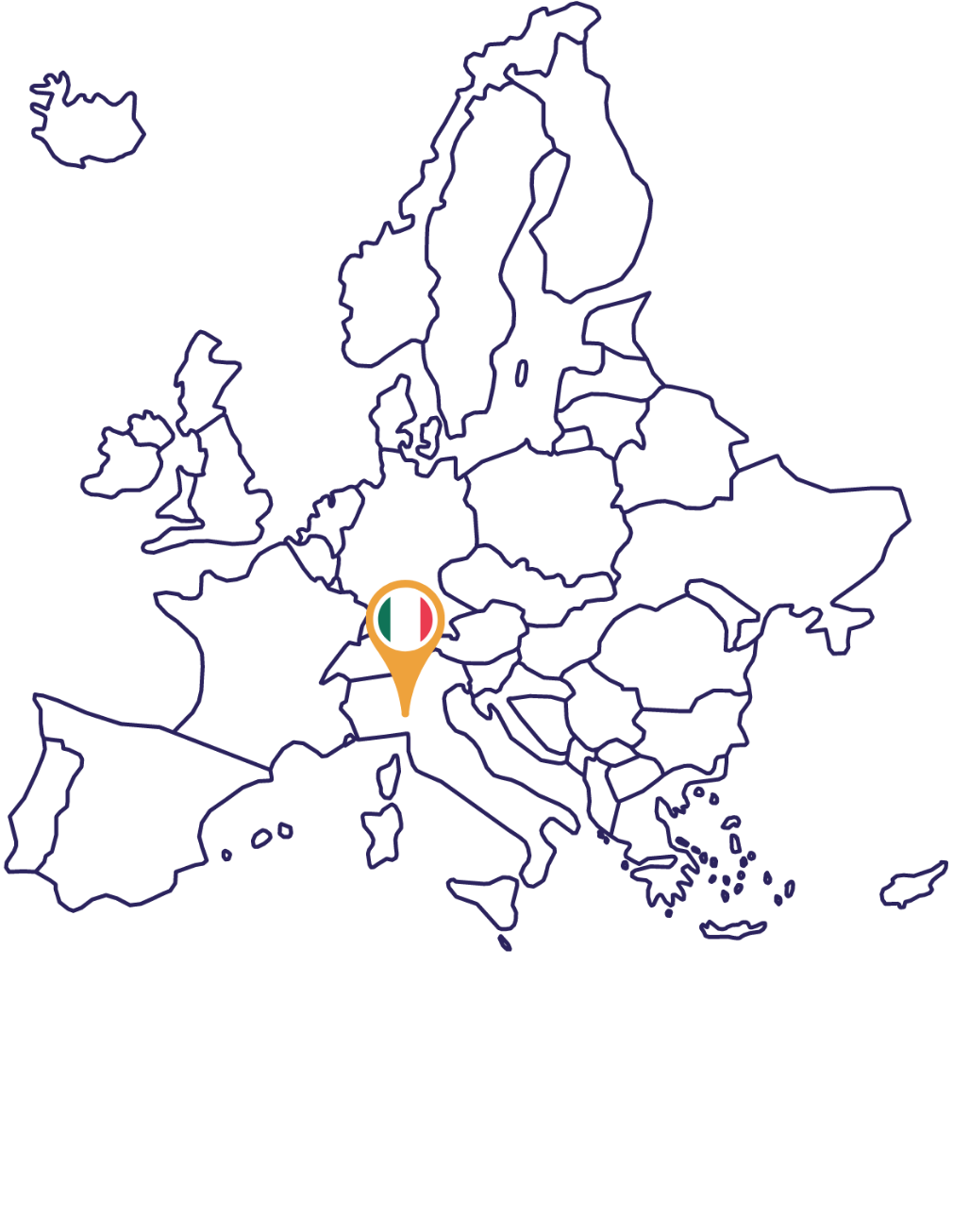Country Profiles
Italy
The second pillar is the institution of a Vice-Minister for Cooperation, with a wide-ranging and specific authority over cooperation issues; the third pillar is the definition of “an Italian cooperation system” that oversees the involvement and interaction of new players from the non-profit sector (civil society organizations, foundations, charities, ethical finance…) and the private sector; finally, the fourth pillar is embodied directly by AICS, the new Italian Agency for Cooperation and Development, which – under the umbrella of the Ministry of Foreign Affairs and International Cooperation (MAECI) – has a wide-ranging mandate and autonomous legal status, budget, and organization to act as a hub connecting national and local institutions, plus no-profit and profit organizations.
Furthermore, the National Council for Development Cooperation – a multistakeholder body that brings together the various cooperation actors established by Law 125/2014 represents a permanent instrument of participation and proposal called upon to express opinions on all profiles relevant to development cooperation.
Italy’s strategic priorities for development cooperation are spelled out in the ‘Three-year cooperation programming and policy orientation plan 2021 – 2023’ foresee also by Law 125/2014. Priority is given to initiatives aimed at, among the others, promoting gender equality and the empowerment of women, combating all forms of violence and ensuring access to sexual and reproductive health (SRH), strengthening health systems, supporting research, production and equitable distribution of medicines, treatments and vaccines so that they are accessible to all. Gender equality is mentioned as a cross-cutting theme. Global health has remained one of the key priorities, translated by significant contributions to GAVI and to the Global Fund to Fight AIDS, Tuberculosis and Malaria. The COVID-19 pandemic has further intensified this focus. At the geographic level, priority is given to 20 countries – 11 in Africa, one in Balkan Europe, four in the Middle East, two in Asia, and two in Latin America -, with which Italy has built close political, economic, cultural and development cooperation relations over time, and in which the country intends to guarantee continuity and stability of action.
Following the 2022 general elections in Italy, a right-wing government came into office with a conservative view on the agenda on SRHR which might impact both the policies relating to women’s rights in Italy and in international cooperation.
ety organizations, foundations, charities, ethical finance…) and the private sector; finally, the fourth pillar is embodied directly by AICS, the new Italian Agency for Cooperation and Development, which – under the umbrella of the Ministry of Foreign Affairs and International Cooperation (MAECI) – has a wide-ranging mandate and autonomous legal status, budget, and organization to act as a hub connecting national and local institutions, plus no-profit and profit organizations.
Policies & funding

In the MAECI Report attached to the General State Accounts for 2020, it is reported that the ODA provided by the Italian General Government for the year 2020 is 3.7 billion Euros , corresponding to 0.22% of Gross National Income (GNI) ; compared to 2019, the percentage of ODA remained unchanged, while it was affected by a decrease in absolute value of 267.26 million, given the drastic drop in GDP in 2020 due to the Covid-19 pandemic.
Various Italian agencies are active in the field of international cooperation: in 2020 MAECI and AICS managed only 35.14 % of the total ODA, while the Ministry of Finance managed 52.83%, mainly channeled through the World Bank and other regional Banks, but also GAVI;
the Ministry of Interior was responsible for 5.62% (funds allocated to the management of refugees in donor country, Italy) and other institutional bodies (Minister of environment, Minister of education and research, Minister of Health, Council of Ministries etc.) managed the rest. In 2020, with regards to the distribution of Italy’s ODA, bilateral aid absorbed 27% of the total, while the remaining 73% was disbursed through multilateral channels. The geographical distribution of bilateral aid, amounting to a total of 724.4 million Euros, saw the majority of contributions favor Africa (55%), followed by the Balkans and the Middle East (24%), Asia and Oceania (14%) and the Americas (7%) .
In 2021 the ODA amounted to 5.5 billion Euros (preliminary data), of which 0.3% was allocated to sexual and reproductive health and family planning (SRH/FP), while for sexual and reproductive health and rights (SRHR) this percentage increase to 0.9% . Most of these resources were channeled through the multilateral channel (through core funding, with a focus given to the GFATM, and earmarked projects), bilateral associations and other initiatives with a differentiated distribution of countries.
The projection of the resources allocated to international cooperation by the Italian government is very worrying. In fact, for the coming years, it is estimated that the resources managed by Ministry for Foreign Affairs and International Cooperation (MAECI) will decrease from the 1.2 billion Euros allocated for 2021 to 1.1 billion in 2022 and finally to 959 million for 2023, while those of the Ministry of the Interior will remain higher than the MAECI and quite constant (about 1.6 billion ), demonstrating the political orientation of the international cooperation politics. However, the most important ministry in terms of budget allocations for cooperation is with great surprise and unexpectedly the Ministry of Economy and Finance, whose projected allocation for the three-year period 2021-2023 will increase from 1.8 billion in 2021 to 1.9 billion in 2023.
Key documents
- Country factsheet 2021-2022-Italy.pdf
- ‘Three-year cooperation programming and policy orientation plan 2021 – 2023’
- Guidelines on Gender equality and empowerment of women and girls (2020 – 2024)
- L’AICS e l’uguaglianza di genere. Relazione sulle attività 2021 (Italian agency for International Development. Activity report 2021)
- Il Sistema italiano di cooperazione allo sviluppo (Camera dei Deputati)


